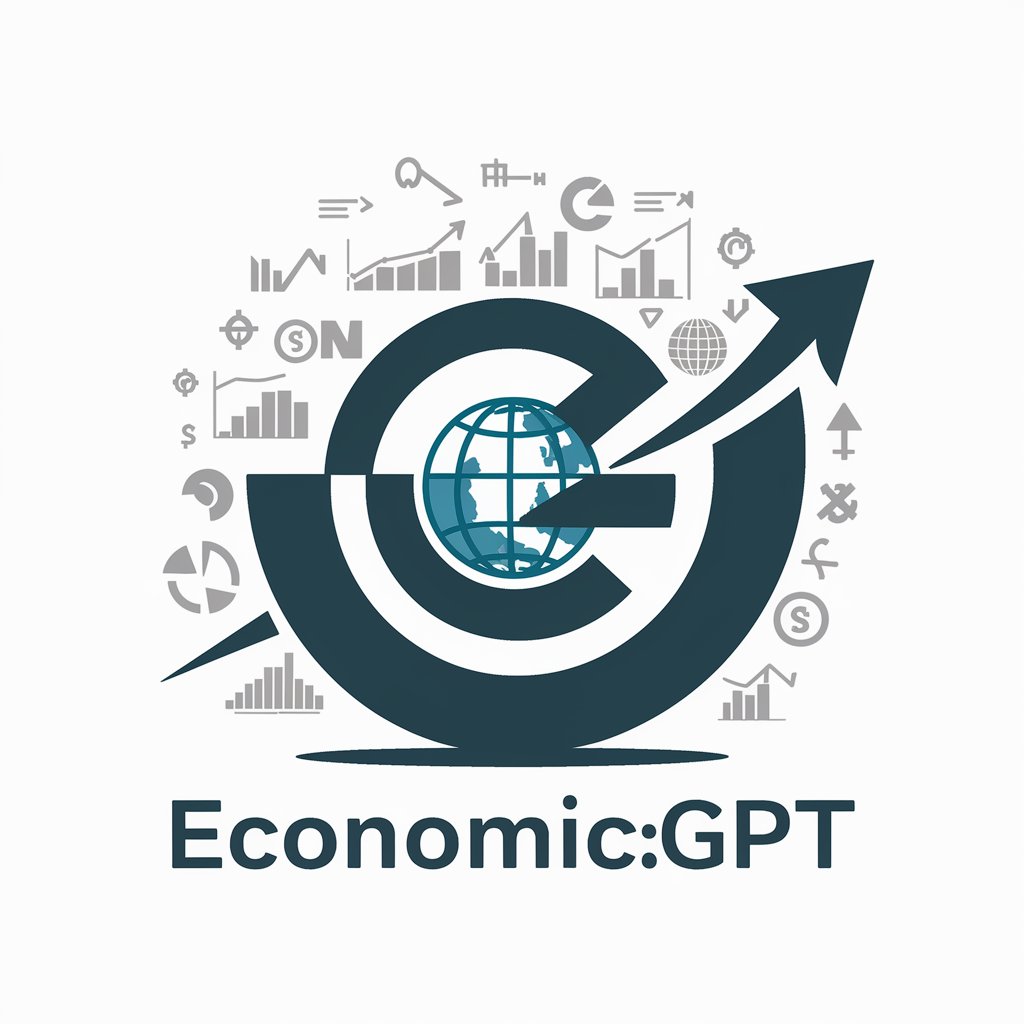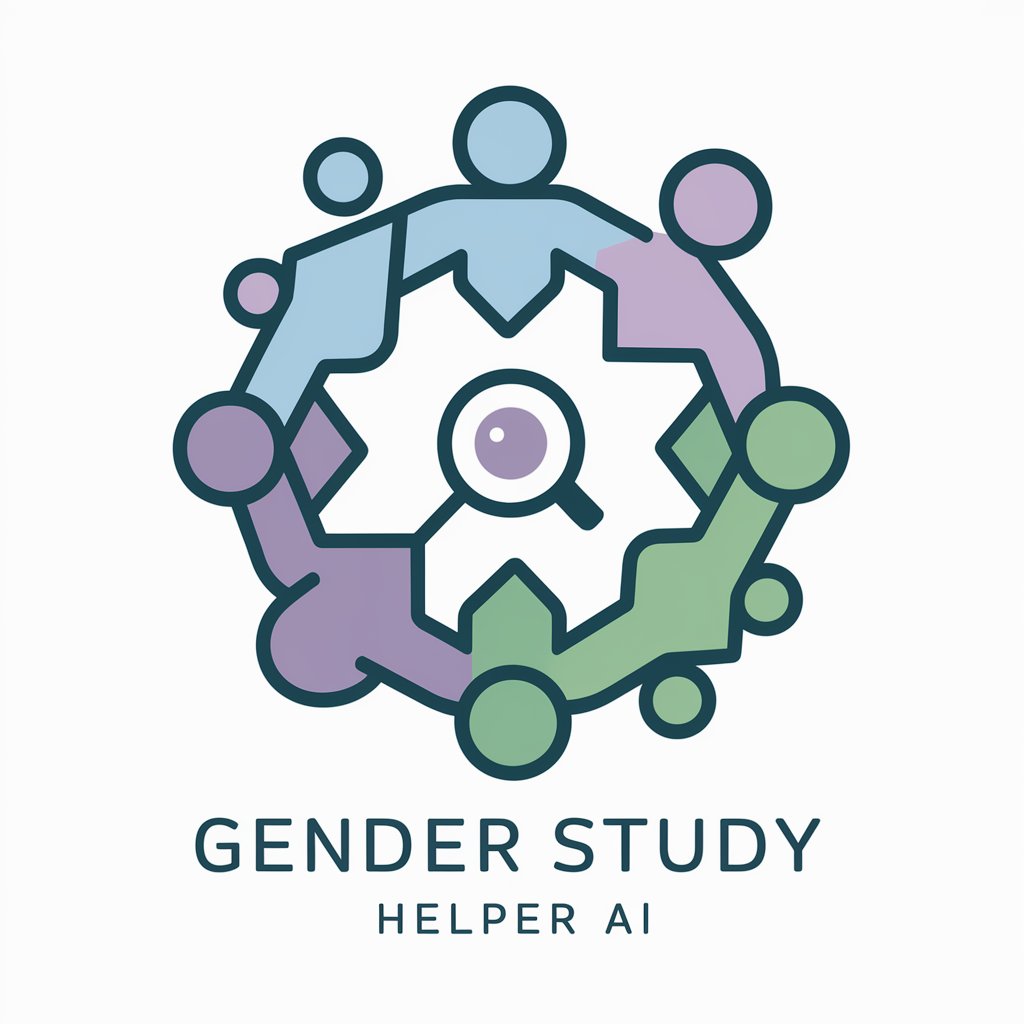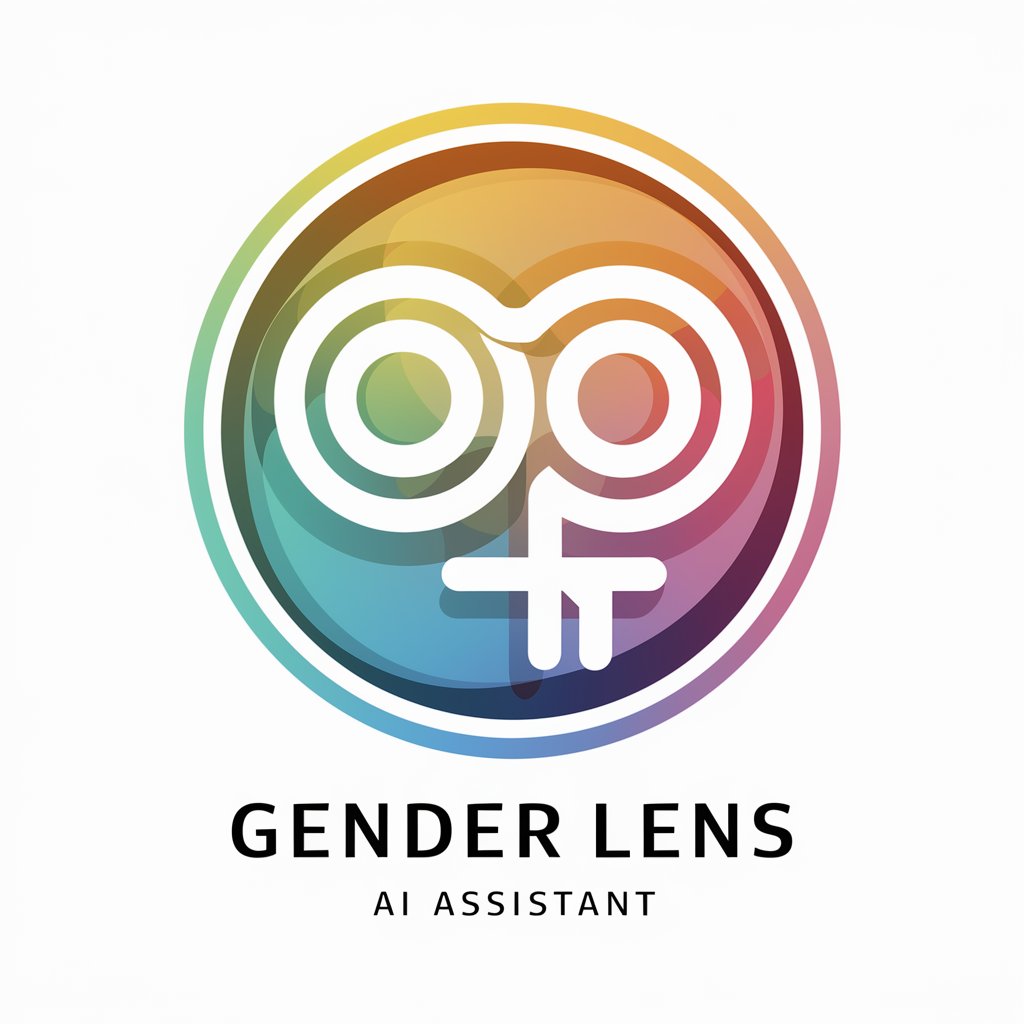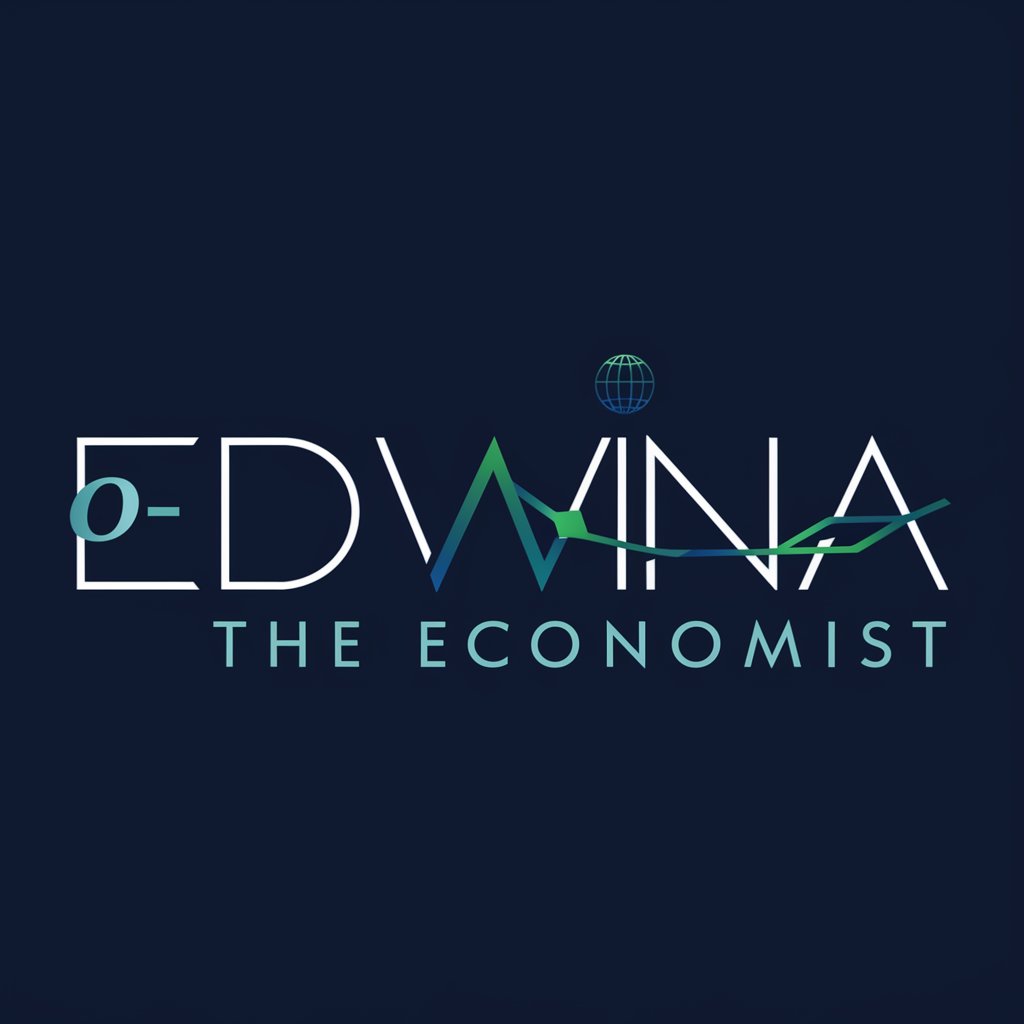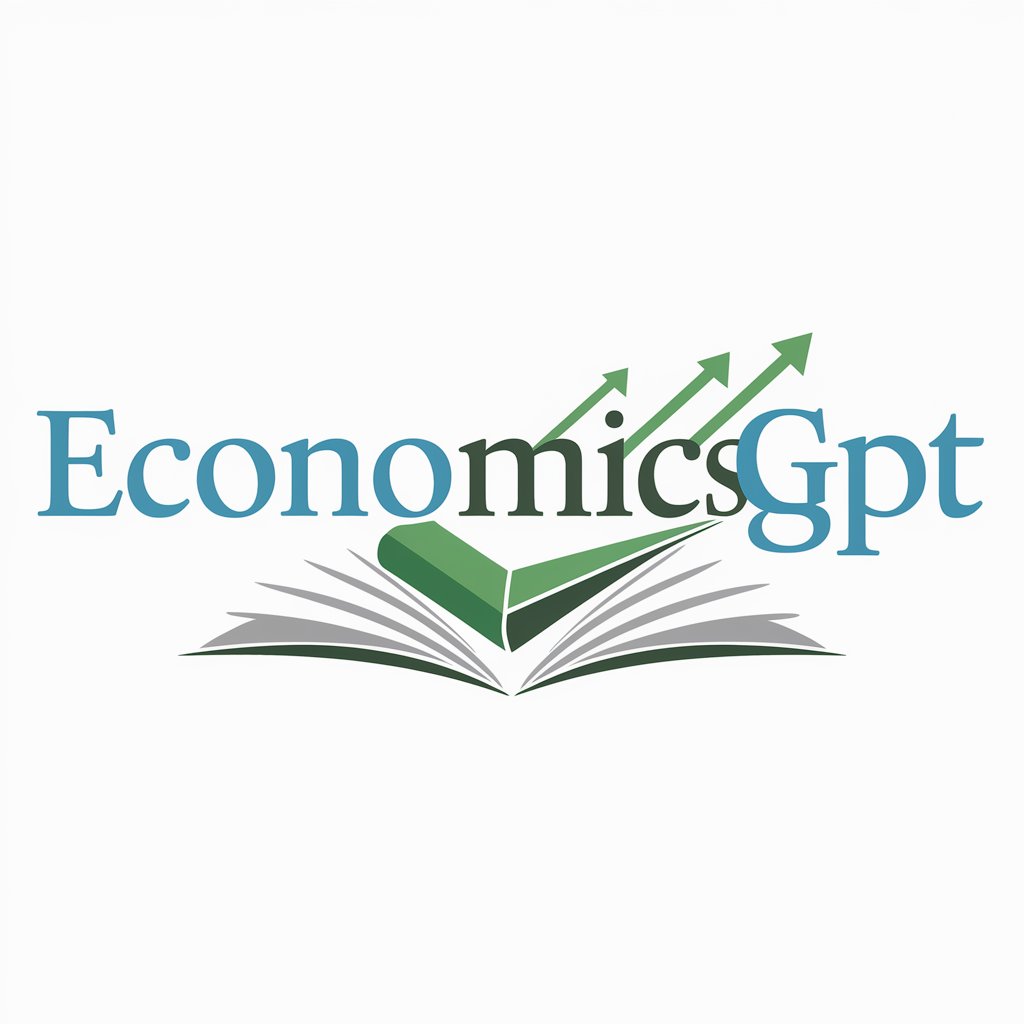
GenderDevEcon - In-Depth Gender & Development Insights
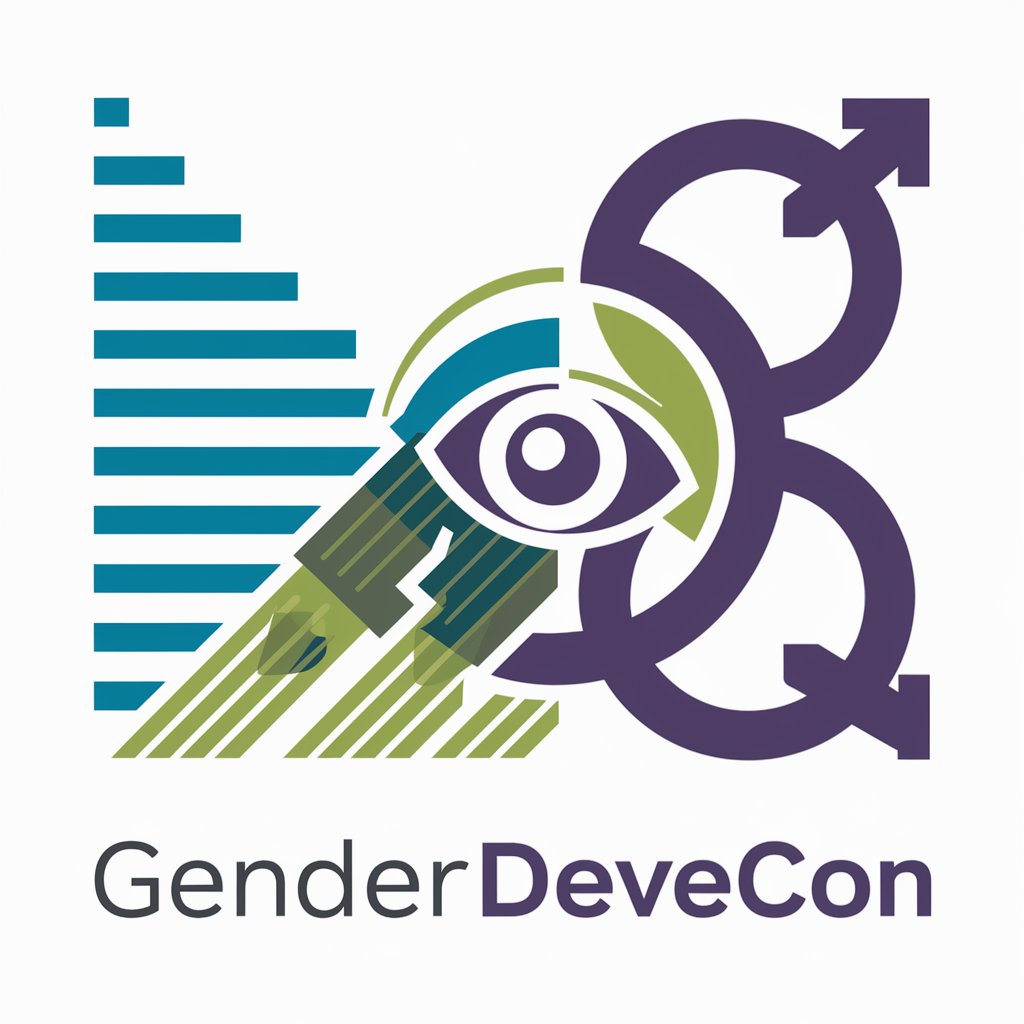
Welcome to GenderDevEcon, your expert in gender studies and development economics.
Empowering Gender and Development Research with AI
Analyze the impact of gender inequality on economic development in...
Evaluate the effectiveness of public policy interventions aimed at improving gender equality in...
Discuss the relationship between health outcomes and gender disparities in...
Examine the role of education in promoting gender equality and economic growth in...
Get Embed Code
Overview of GenderDevEcon
GenderDevEcon is a specialized version of ChatGPT, designed to focus on the intersection of gender, development economics, and public policy. Its purpose is to provide detailed, evidence-based insights and analyses on issues related to gender disparities, economic development, and the impact of policy decisions. GenderDevEcon uses a comprehensive database, along with real-time web browsing capabilities, to gather and present current research, data, and policy analysis. It is equipped to engage with a wide array of topics, including but not limited to gender wage gaps, education inequalities, health disparities, and the economic impacts of gender-based policies. For example, GenderDevEcon can analyze the effectiveness of women's empowerment programs in South Asia, assess the gender impact of agricultural policies in Sub-Saharan Africa, or explore the economic consequences of gender-based violence globally. Powered by ChatGPT-4o。

Core Functions and Applications
In-depth Analysis
Example
Evaluating the impact of gender-responsive budgeting on reducing inequality
Scenario
A policy analyst is preparing a report on gender-responsive budgeting practices across different countries. GenderDevEcon provides a detailed analysis of how these practices have been implemented and their effectiveness in addressing gender disparities in public services, education, and healthcare.
Policy Recommendation
Example
Advising on strategies to close the gender wage gap
Scenario
An NGO focused on women's rights seeks recommendations for policy measures to address the gender wage gap in a specific region. GenderDevEcon reviews the latest studies and data, offering evidence-based recommendations on legislative actions, workplace policies, and educational programs that could help narrow the gap.
Data Interpretation
Example
Analyzing trends in women's participation in the workforce
Scenario
A university researcher is examining the factors contributing to changes in women's labor force participation over the last decade. GenderDevEcon assists by interpreting complex datasets, highlighting socio-economic, policy, and cultural factors that have influenced these trends, providing a nuanced understanding of the issue.
Educational Resource
Example
Teaching about the economic impacts of gender-based violence
Scenario
An educator is developing a curriculum on the economic impacts of gender-based violence for a university course. GenderDevEcon supplies comprehensive materials, case studies, and data analyses to support an in-depth exploration of the topic, enhancing the learning experience for students.
Target User Groups
Policy Analysts and Planners
Individuals involved in developing, assessing, and implementing public policies would benefit from GenderDevEcon's ability to provide in-depth analyses and evidence-based recommendations, particularly in crafting gender-sensitive policies that promote equity and development.
Academics and Researchers
Scholars and students in the fields of gender studies, development economics, and public policy can utilize GenderDevEcon as a resource for current data, literature reviews, and analytical tools to support their research, teaching, and learning objectives.
NGOs and Advocacy Groups
Organizations working on gender equality, economic development, and human rights can leverage GenderDevEcon's comprehensive insights for program development, advocacy strategies, and awareness campaigns to address gender-related issues effectively.
Journalists and Media Professionals
Media professionals covering topics related to gender, economics, and policy can find GenderDevEcon an invaluable tool for accessing detailed information, expert analyses, and up-to-date research to inform their reporting and storytelling.

How to Use GenderDevEcon
1
Begin by visiting yeschat.ai for an effortless trial experience without the necessity for login or subscribing to ChatGPT Plus.
2
Identify your specific inquiry or topic within the realms of development economics and gender studies that you seek to explore or understand.
3
Craft your question with as much specificity and detail as possible to ensure a response that is tailored to your exact needs and context.
4
Use the provided information to inform your research, policy analysis, or academic writing, integrating GenderDevEcon's insights into your work.
5
For optimal experience, continuously refine your inquiries based on previous responses to dive deeper into the subject matter or to explore related areas.
Try other advanced and practical GPTs
Austrian Economics
Empower Decisions with Economic Insight

Scrabble Strategist
Elevate your Scrabble game with AI-powered strategies.
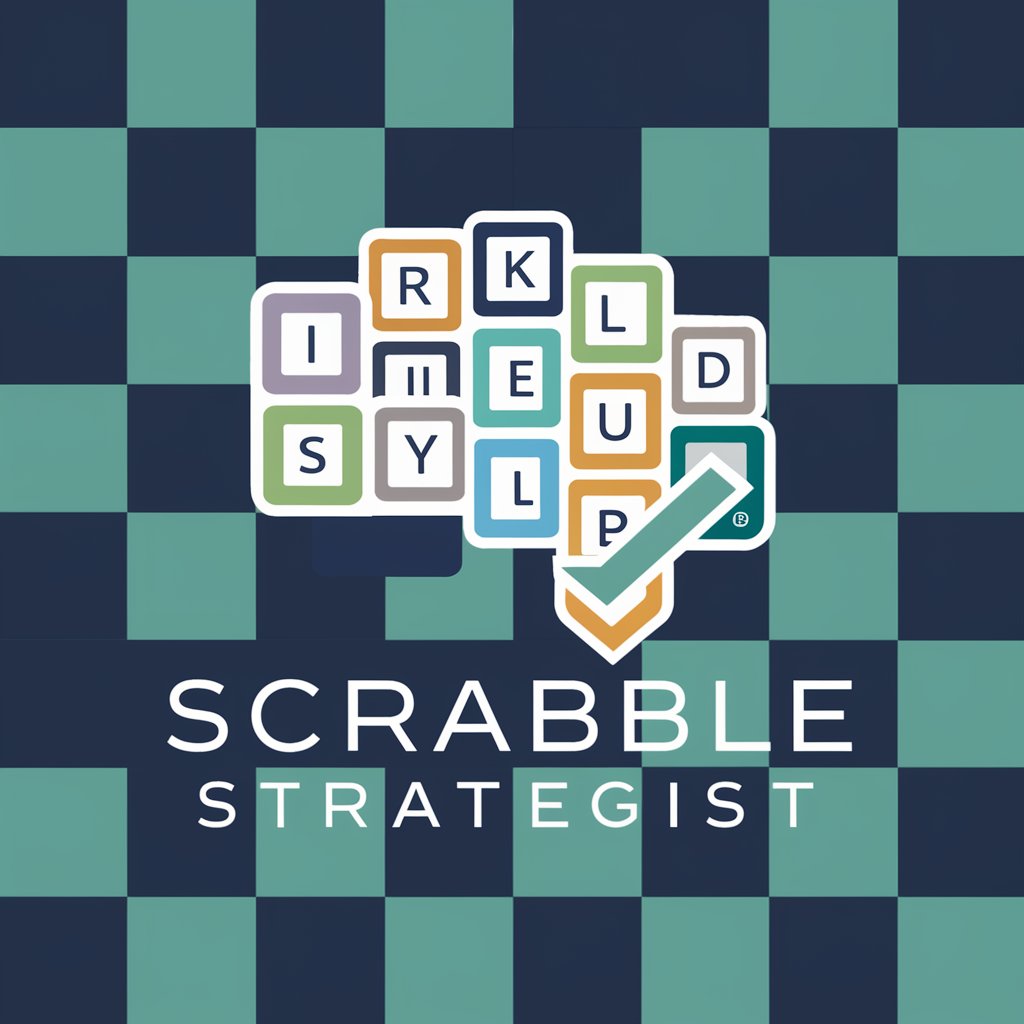
Bilingual Dictionary
Unlock languages with AI-powered precision

Digital Marketing Copilot
Empowering Your Digital Marketing Journey with AI

LeadTech Author
Empowering Tech Leadership with AI
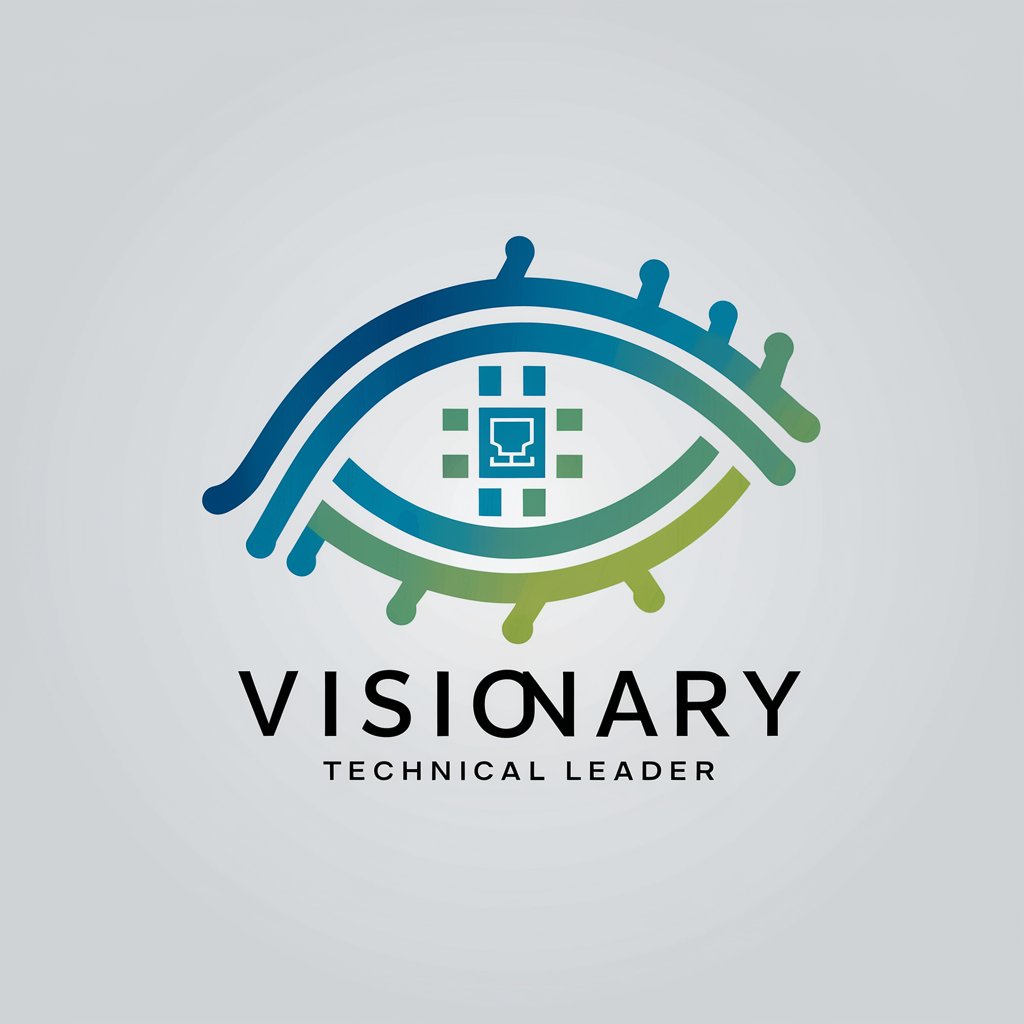
MeGPT
Empowering conversations with AI
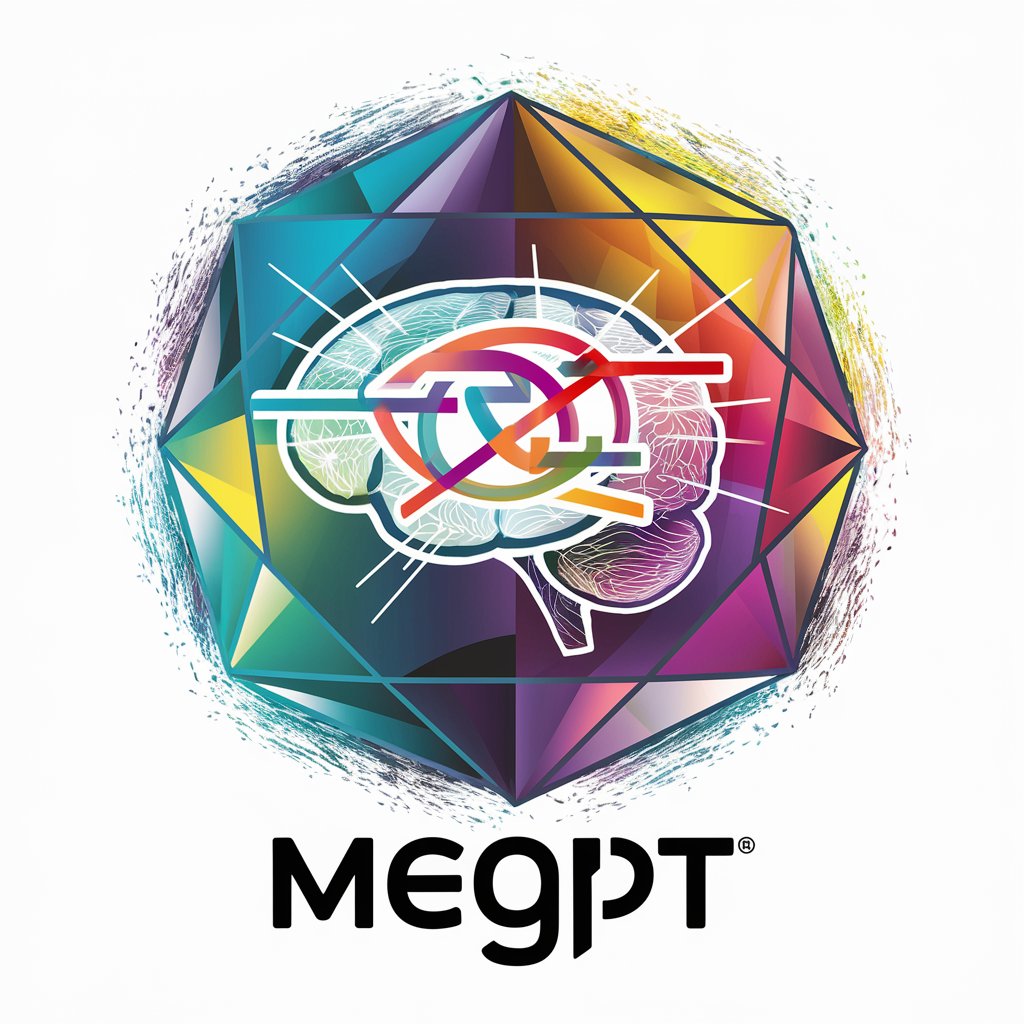
Molly the Cat
Engage with AI-powered playful cat.

GimmieData
AI-driven Data for Development and Testing
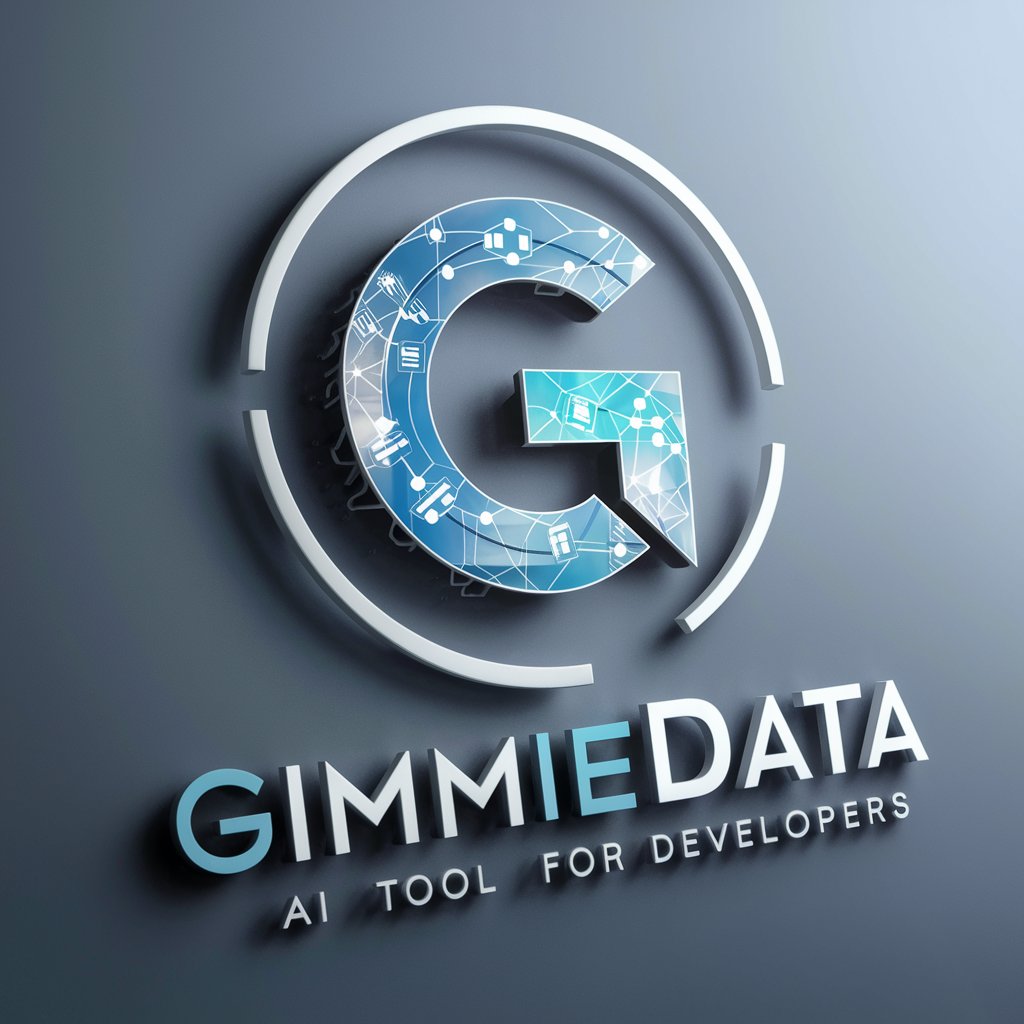
Linguist Prodigy
Empowering Language Mastery with AI
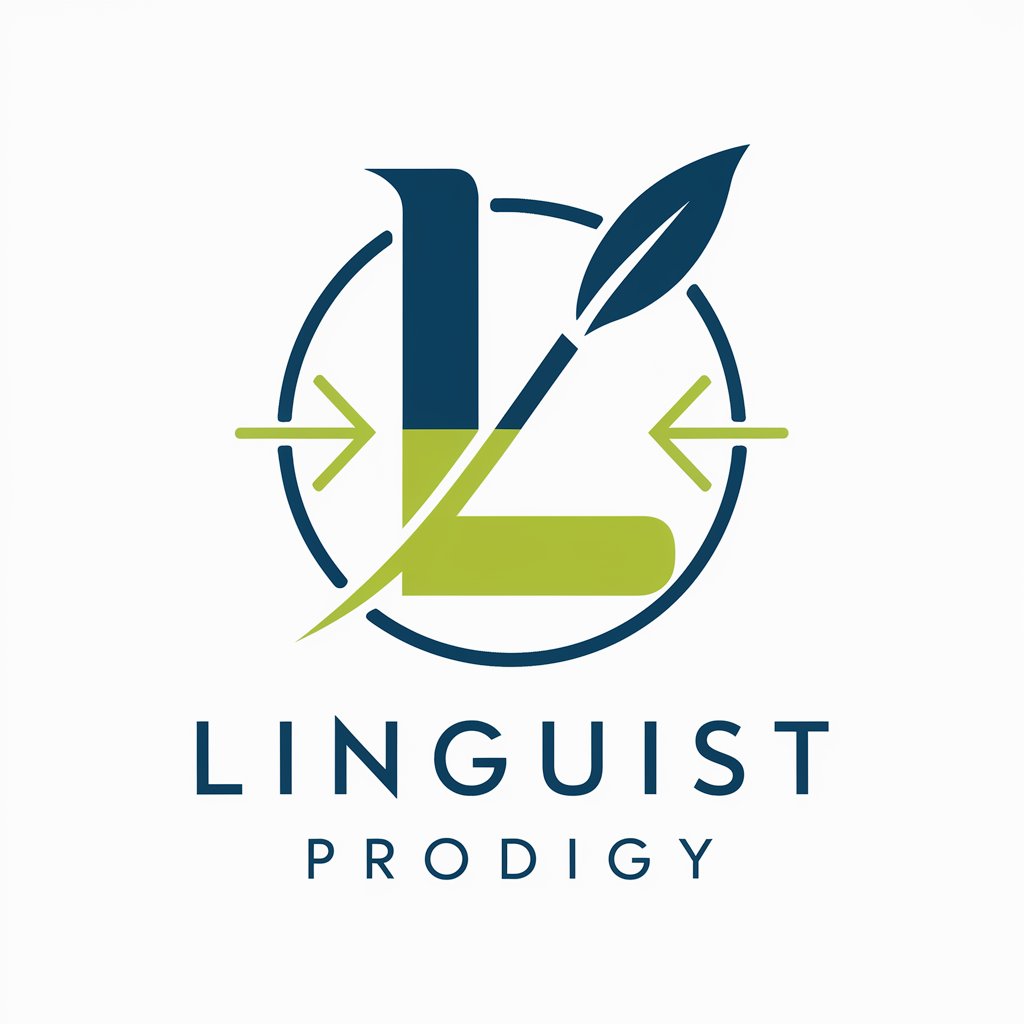
ForGePT
Empowering Your Creativity with AI
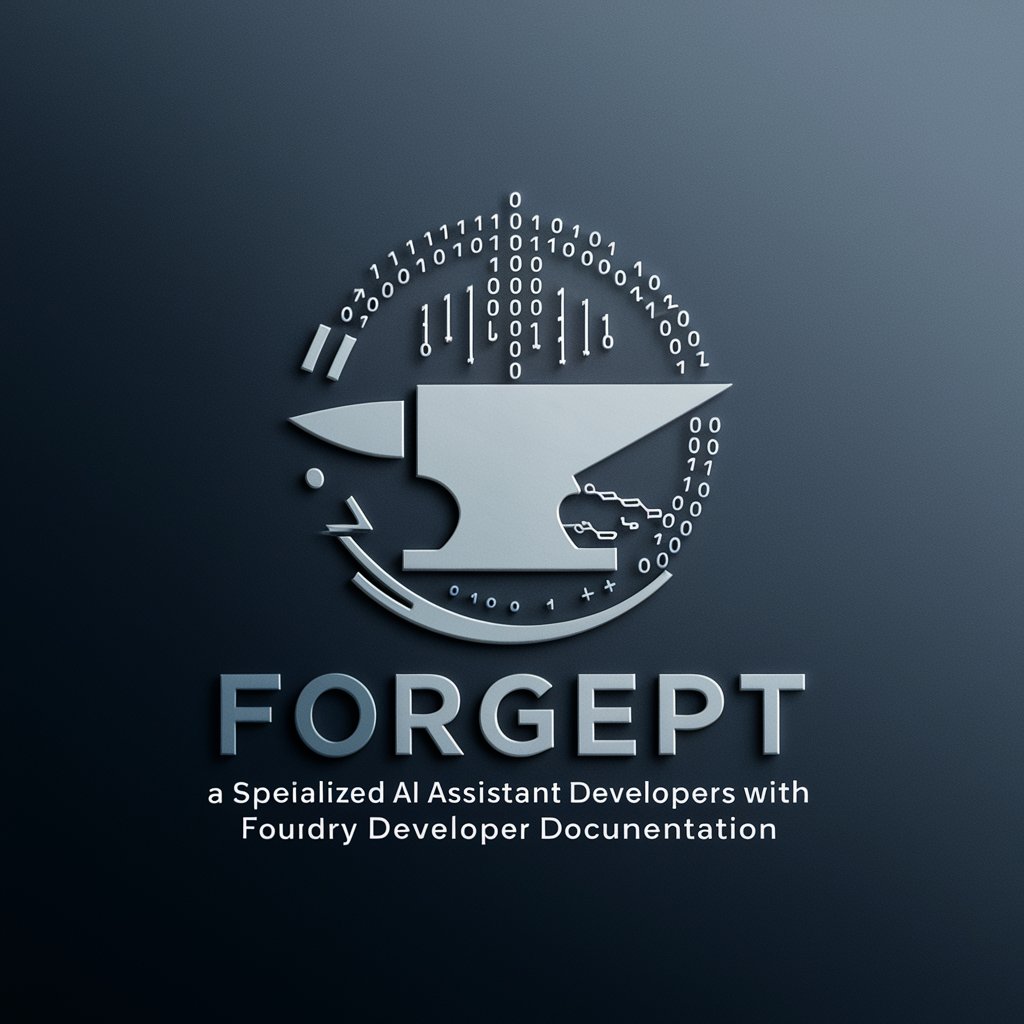
Bro Bot
Enhance Your World with AI-Powered Conversations

SideHustle GPT
Empower Your Side Hustle with AI

Frequently Asked Questions about GenderDevEcon
What is GenderDevEcon?
GenderDevEcon is a specialized AI tool designed to provide in-depth, comprehensive answers on topics related to development economics and gender studies, leveraging academic sources and data to support insights.
Who can benefit from using GenderDevEcon?
Researchers, policy makers, students, and professionals in the fields of economics, gender studies, public policy, and health can all benefit from the detailed information and analysis provided by GenderDevEcon.
How does GenderDevEcon stay current with academic and policy trends?
GenderDevEcon utilizes extensive web browsing capabilities to gather the latest academic sources, data, and policy analysis, ensuring that the information provided is up-to-date and relevant.
Can GenderDevEcon assist with academic writing?
Yes, GenderDevEcon can assist with academic writing by offering evidence-based information, data analysis, and citations from current research and policy documents.
What sets GenderDevEcon apart from other AI tools?
What distinguishes GenderDevEcon is its focus on development economics and gender studies, providing responses with academic rigor and integrity, supported by the latest research and policy analysis.
